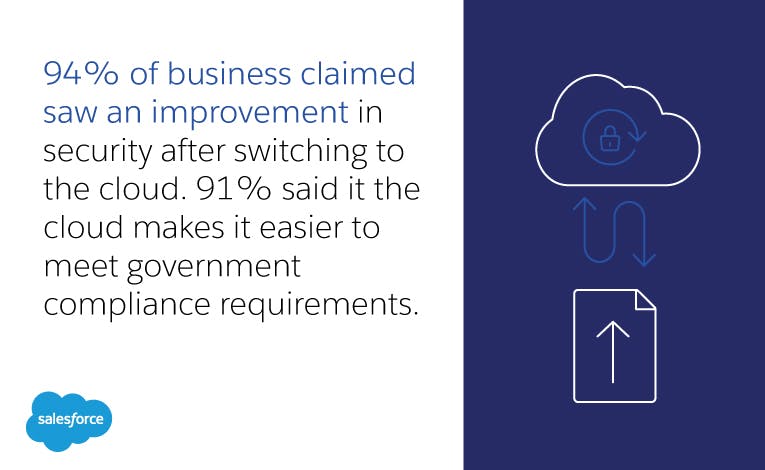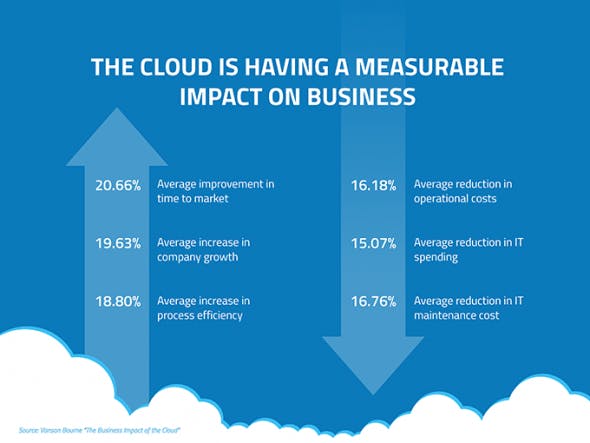so we are in the cloud era, why do we need to learn about the cloud?
Hello, world! am Prashanth
By the way, this is my first blog to get an opportunity to write about cloud computing.
short story:
Previously I worked as a support engineer in an MNC company. My main responsibilities are to lock out the account, reset the passwords, giving L1 and L2 support and am very keenly interested in how the backend works which means how the password is reset, how MFA works, and how they provide particular application access to me. So a lot of unanswered questions ran through my mind.
one day while I watching a movie on Netflix I think how these movies are stored in a single app then I started to research how things work then I got to know that Netflix is partnered with AWS.
"Netflix uses AWS for nearly all its computing and storage needs, including databases, analytics, recommendation engines, video transcoding, and hundreds of functions that in total use more than 100,000 server instances on AWS".
I started to research again about the cloud and who are cloud providers and what they are offering and what services they offer at what cost. I decided to learn Cloud technology to upskill my career for the future.
Here's the challenge to me, which cloud do I have to choose?
"AWS or AZURE or GCP" I choose Azure by Microsoft.
I started to learn cloud fundamentals in official Microsoft docs. So I started to create VMs (Windows & Linux) and Azure Resources and learned most of the services like computing, networking, storage and security and I built a strong foundation on these services from the creation of VMs, VNets, storage accounts, Azure AD, HA, DR, autoscaling, monitor the application performance etc., finally, I started to prepare for certification (AZ-104 & 900) and in the first attempt, I achieved the certification in Azure Administrator Associate and Azure Fundamentals. Next...
why do we need to learn about the cloud?
According to a study by the International Data Group, 69% of businesses are already using cloud technology in one capacity or another, and 18% say they plan to implement cloud-computing solutions at some point.
At the same time, Dell reports that companies that invest in big data, cloud, mobility, and security enjoy up to 53% faster revenue growth than their competitors.

Impact of Cloud Computing on Different Industries

Cloud computing is expanding and will be a crucial component in most industries and Cloud computing is changing the face of technology. Many companies need to access and store large amounts of data daily to operate successfully. Companies that use cloud computing systems can manage software systems and allow employees, managers and owners to access data remotely. Understanding what cloud computing provides can let companies experience benefits like increased productivity, cost savings and more accurate data insight.
So, we’d like to take a few minutes and share 10 business advantages of cloud computing.
Cost Savings
Security
Flexibility
Mobility
Increased Collaboration
Quality Control
Disaster Recovery
Automatic Software Updates
Competitive Edge
Sustainability
Final thoughts:
Cloud computing is here to stay. We are going to see the proliferation of distributed computing, the use of AI, usage of advanced algorithms to process huge amounts of data while building modern applications.
###


